Green Colleges/Skills
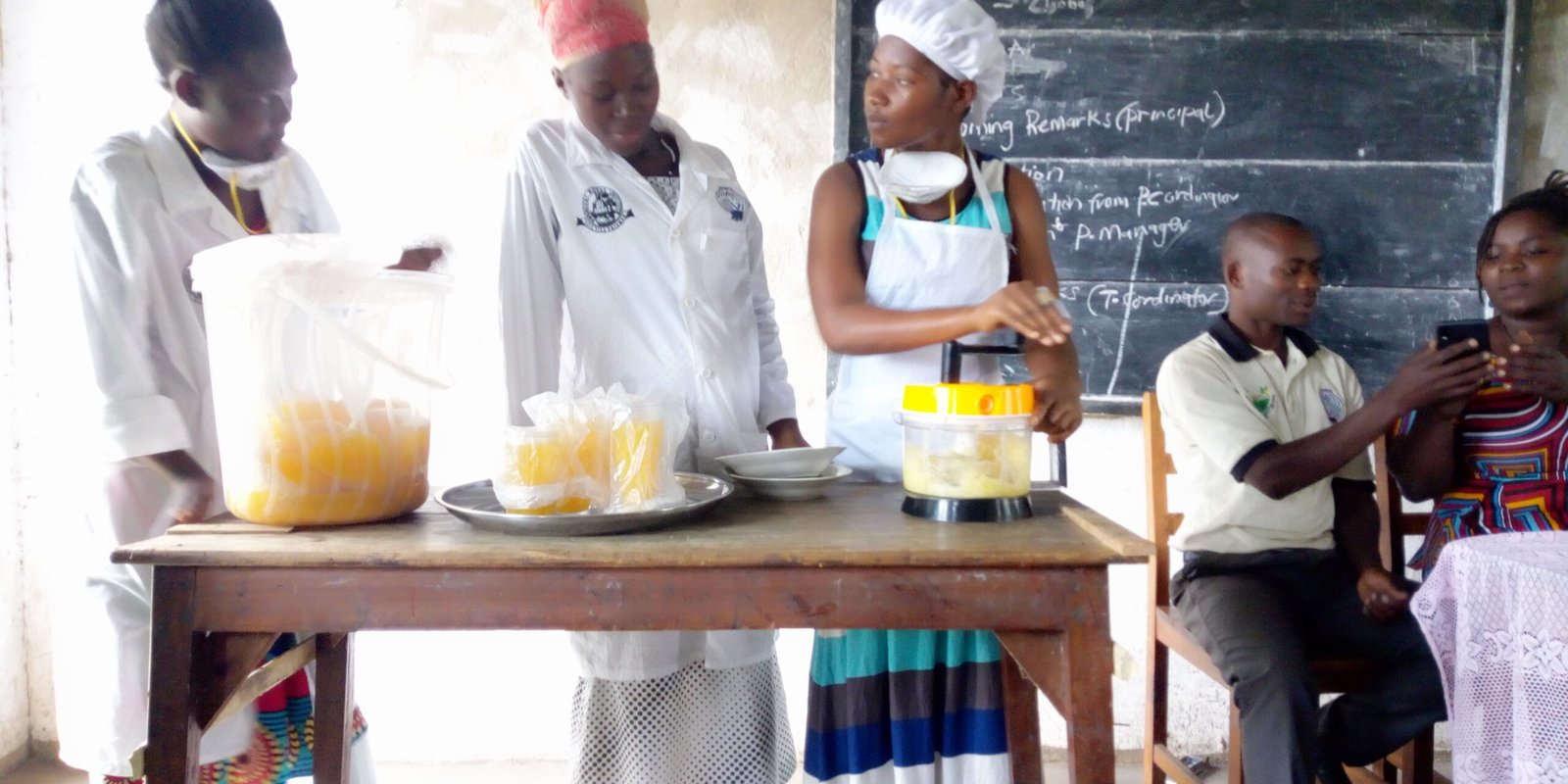
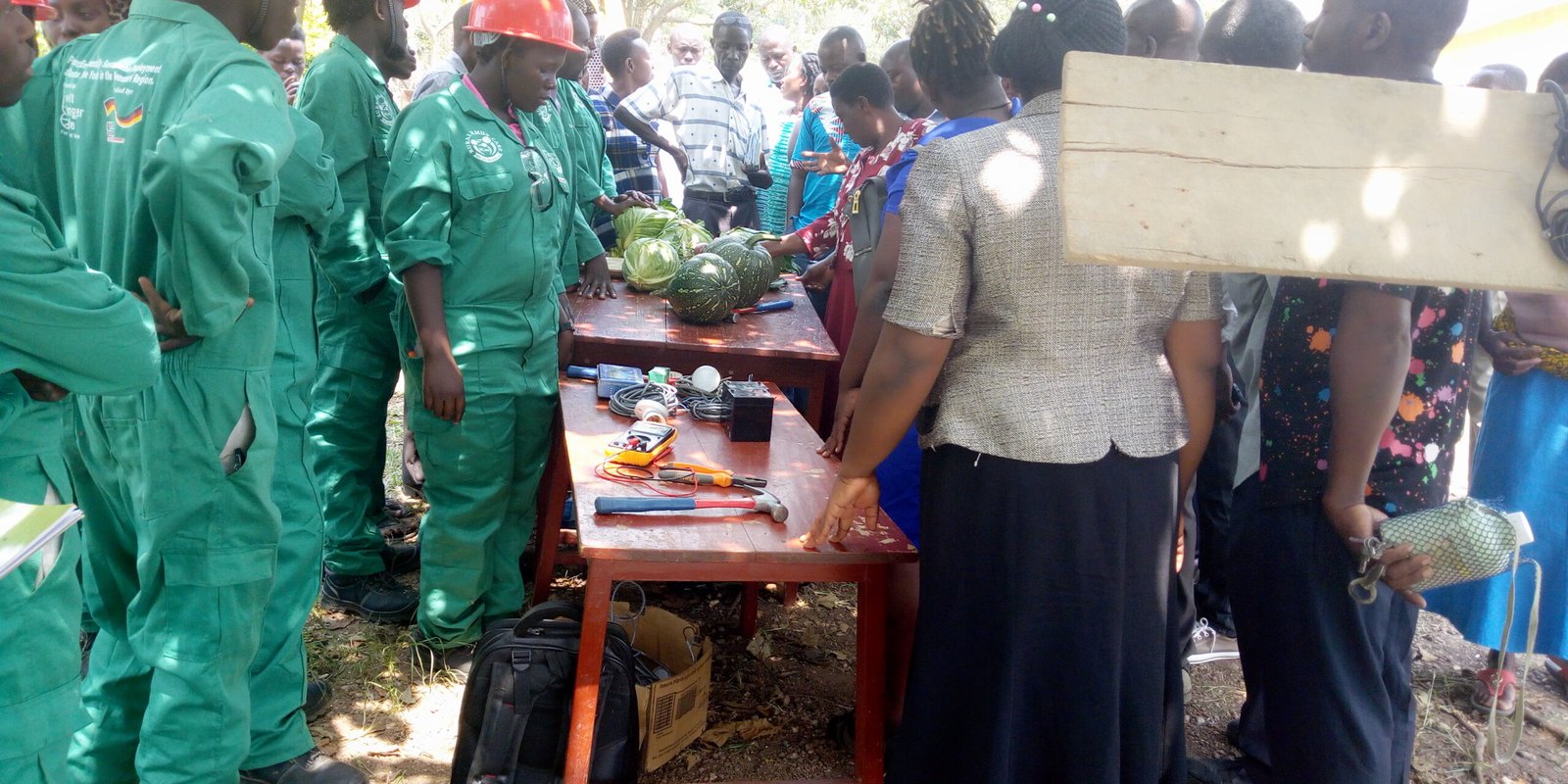
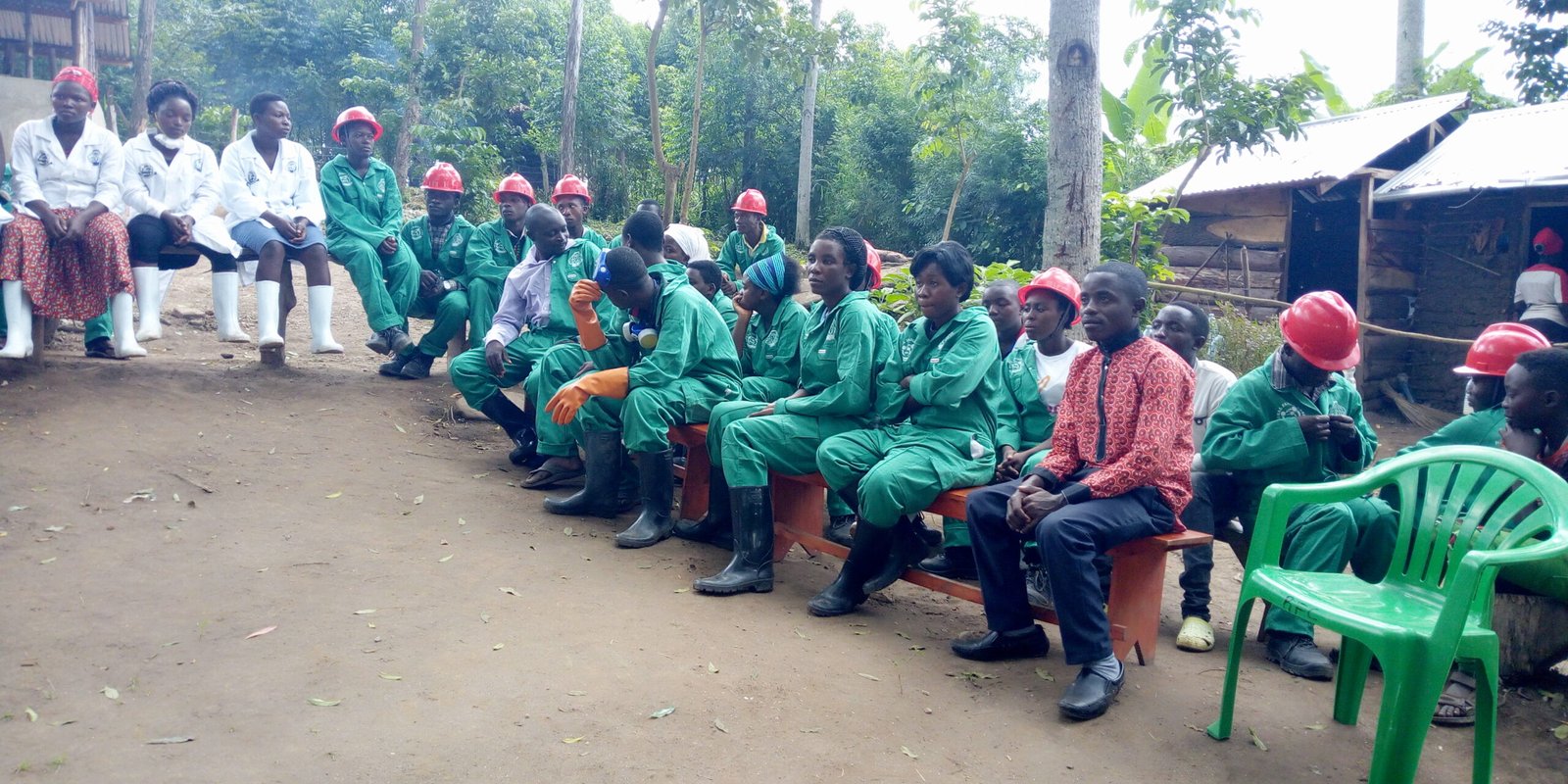
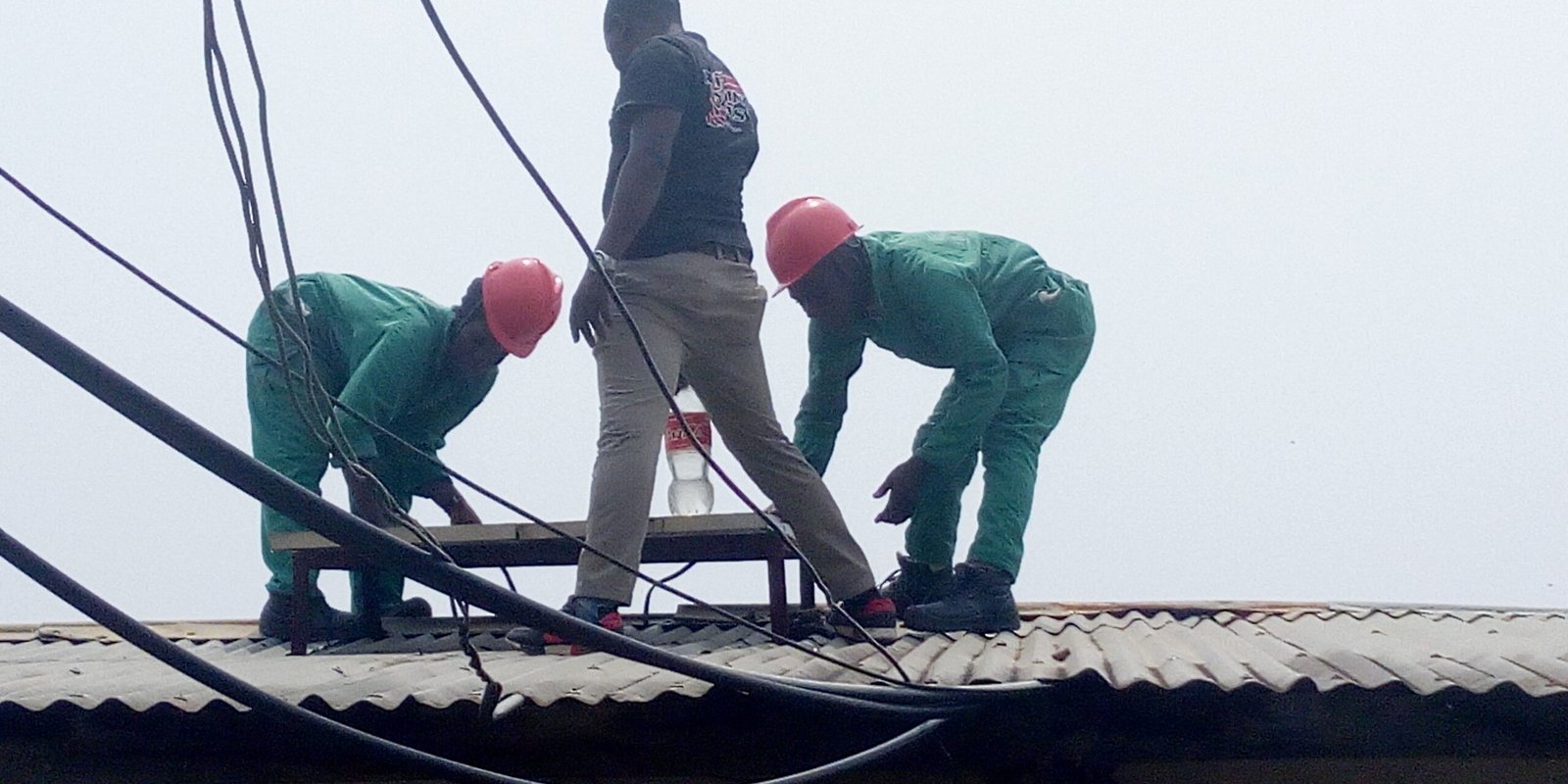

The ‘Green Colleges‘ initiative is implemented by KIIMA FOODS in Kasese to train rural youth in green skills both traditional and scientific techniques to help them become entrepreneurs through Vocational Education and Training programs.
The initiative helps the youth to acquire both short term (15-30 days) and longer term certificate courses (six months), in topics such as sustainable farming, fish farming, weaving, vegetable farming, tailoring, juice processing and solar repair and maintainance. The skills included in the courses have been traditionally pursued by these communities, to have high value in their local context and are need-based, that will will cause opportunities for the youth in the community.
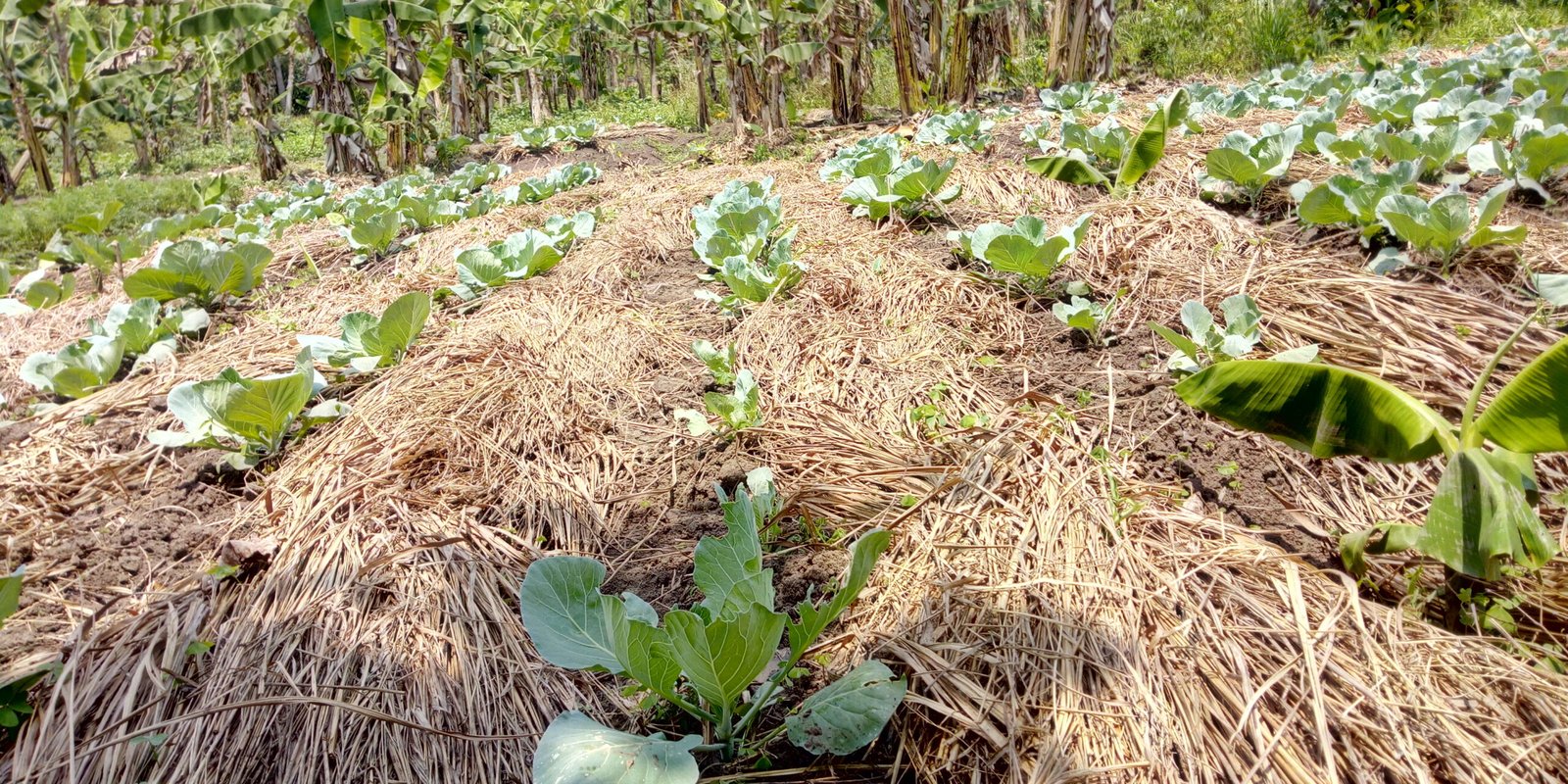
Using a mix of theoretical and practical learning, lessons include soft skills normally neglected in standard vocational training, such as business plan development, marketing, entrepreneurship, motivation, conflict resolution, leadership and communication skills.
The project is supported by the German Federal Ministry for Economic Cooperation and Development (BMZ). Alongside technical knowledge and practical skills, the young also gain self-confidence and mental strength.
The project aims at using existing potential in the region, strengthening the capacity of CSOs and social enterprises as training centres in the field of green skilling, networking with each other and realizing increased participation of the young people in ecologically and economically sustainable sectors. Kiima Foods, through the Green College Initiative, has trained 750 youths in different green skills that promote environmentally sustainable employment and businesses of which 60% are male and 40% are female.

The project objective is to improve the employability and income of the youths through vocational training in green skills in the Rwenzori Region. The project is being implemented in Kasese District, in the subcounties of Maliba, Kyondo, Kyarumba, Kisinga, Munkunyi and the Central Division of Kasese Municipality using the different training institutions across the districts. The project is being implemented in partnership with SATNET (Sustainable Agriculture Trainers Network), Kiima Foods and JESE (Joint Effort to Save the Environment).
The Green College Initiative Project is implemented in partnership with Welthungerhilfe.

